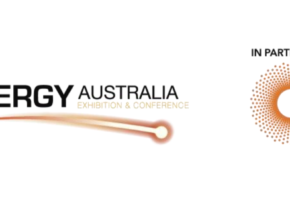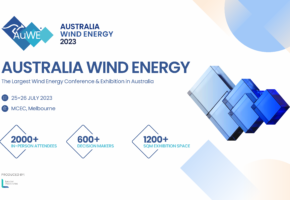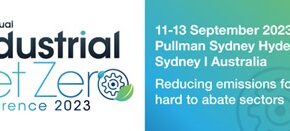Demand for Corporate PPAs rockets ahead in 2020… but what comes next?
After a record year for corporate renewable PPAs in Australia, Chris Briggs and Finnian Murphy assess the prospects for 2021.
Despite the turbulence created by covid-19 – which the International Energy Agency declared caused “more disruption to the energy sector than any other event in recent history” – corporate renewable power purchase agreements (PPAs) had a record year in Australia.
More than 1GW of deals with solar and wind farms were signed by businesses, universities and councils in 2020, a remarkable result in the context of a pandemic, recession and falling wholesale electricity prices.
As retailer investment in solar and wind sharply declined after an investment boom to meet obligations under the national Renewable Energy Target, corporate renewable PPAs avoided the boom-bust cycle that has been a feature of the Australian renewable energy market for the past decade. How did this happen, and what are the prospects for corporate renewable PPAs in 2021?
A record year
Corporate renewable PPAs have quickly become a key market segment for large-scale renewable energy finance. Under a corporate renewable PPA, a corporate or public sector buyer agrees to purchase electricity and/or green certificates at a fixed price from a solar or wind farm, which provides revenue certainty to enable project finance.
Since 2017, there have been 88 PPAs publicly recorded in Australia (some are confidential), directly contracting more than 3.4GW in power and supporting the construction of more than 8.9GW of wind and solar generation.

Most PPAs are “partial”, meaning they contract for some of the project output, and developers are able to secure finance for a larger project on the basis of the revenue certainty from the PPA. The volume of capacity for projects supported reflects the total size of projects with a corporate PPA, which is larger than the capacity that is directly contracted.
There were 26 corporate renewable PPAs announced in 2020, directly contracting 1.3GW of renewable energy and supporting more than 4.5GW of generation. More than $2 billion was invested in renewable energy, led by household-name businesses (such as Aldi, Amazon, Coles), large energy users (Transurban, Newcrest mining) and a range of mid-sized public sector buyers (including Macquarie University, City of Adelaide and the CSIRO).
Together with publicly-owned retailers (CleanCo, Stanwell and CS Energy in Queensland, and Snowy Hydro in NSW), corporate renewable PPAs prevented a collapse in renewable energy investment as retailers withdrew from the market.
Corporate PPAs have constituted more than 40% of market volumes in most recent quarters. As private retailers and merchant investment has receded, corporate PPAs and the public sector have stepped in to keep investment flowing into solar and wind farms.
[…]
Prospects for 2021?
There are a number of considerations to keep in mind when thinking about prospects for 2021. There may be a hangover from 2020 with less deals being initiated notwithstanding the lower impacts than expected from covid-19. Wholesale electricity prices are also expected to be relatively stable during 2021.
However, there are good reasons to expect solid ongoing PPA demand:
There is an ongoing pipeline of demand: The BRC-A industry survey in mid-2020 found 400-600MW of electricity load among buyers actively pursuing a PPA and a further 100-150MW among those investigating PPAs from respondents. The survey does not cover the market and would underestimate total demand.
Renewable energy and/or carbon targets are increasing: The PPA market had the feel of a gold rush in the earlier peak of 2018 as high electricity prices were the catalyst for new entrants. There may be fewer of these buyers looking for short-term price relief but there is an increasing number of companies signing up to RE100 and public sector buyers with 100% renewable energy or net-zero carbon targets.
The PPA market has evolved: A dual market has emerged with large buyers preferring wholesale PPAs directly with solar and wind farms (which can achieve lower prices) and mid-sized buyers preferring retail PPAs where a retailer intermediates between the buyer and project and integrates the PPA with its retail supply agreement.
[…]
Latest news & blogs
NEWS | 7 November, 2023





